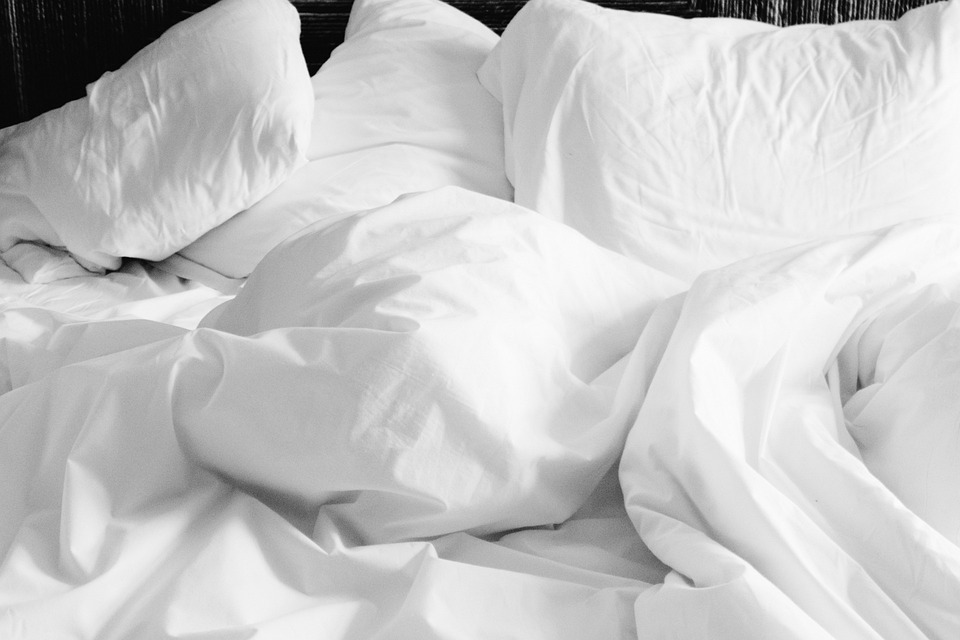Sleep Science: The Potential Links between Insomnia and Dementia
It’s easy to surmise there are links between cognitive impairment and sleep disturbances due to how it can feel when you lose even a single night’s sleep. However, it’s crucial to figure out how everything connects together through extensive study. After all, it’s the only way to develop solutions to long-standing problems. Dementia has no cure, and the reason for it is the many different ways dementia can develop.
Instead of finding ways to cure dementia itself, research is led to finding solutions for diseases that cause dementia, as well as looking for solutions in the form of preventive measures. For example, a recent study was published concerning the correlation between sleep disturbances in insomnia, lasting ten annual waves, starting from 2011 to 2020, including those over 65 who were dementia-free as of 2011.
Strange findings
Regarding how sleep disturbances affect cognitive impairment, it shows that sleep-initiation insomnia (which means those who take 30 minutes or more to fall asleep) increases the odds of developing dementia over the next ten years. Interestingly enough, sleep-maintenance insomnia (those who have trouble going back to sleep after waking) is less likely to develop dementia.
With the former, the researchers expected the results as those who have trouble sleeping often take medications to help with their insomnia. The constant use of medication can have lasting effects on the body, making it more likely for people to suffer from dementia over time.
However, what was unexpected was the decrease in odds for those who have trouble going back to sleep after waking up. The researchers expected it to have a similar effect on those with sleep-maintenance insomnia, but the results show the opposite.
Affected by the pandemic
The recent COVID-19 pandemic is undoubtedly a part of the study and has likely played a role in how things played out with the research findings. The recent pandemic increased anxiety as people were unsure how things would turn out. Sleep disturbances due to the global situation have become increasingly common.
That said, the study is novel as it’s the first to attempt a long-term study concerning sleep disturbances and dementia using older US adults as the subjects. For the moment, it’s unknown how sleep-maintenance insomnia manages to decrease the risk of dementia, but researchers theorize it is due to activities that increase or preserve overall cognitive reserve.
The potential for future solutions
By looking into the different variations of sleep disturbances and how they can potentially cause debilitating health conditions over time, researchers can find new ways to prevent dementia. Considering that older adults are more likely to develop dementia, more research is necessary to help provide potential solutions to sleep disturbances. Older adults are far less likely to get a good night’s sleep, which is why it’s crucial that these studies continue.
Conclusion
While there are links between sleep disturbances and cognitive impairment, it doesn’t mean there are no solutions at the moment. A proper sleep schedule is crucial, even if you must force yourself to sleep at specific hours. The more you get your body used to a sleep schedule, the easier it becomes to get a good night’s sleep.


